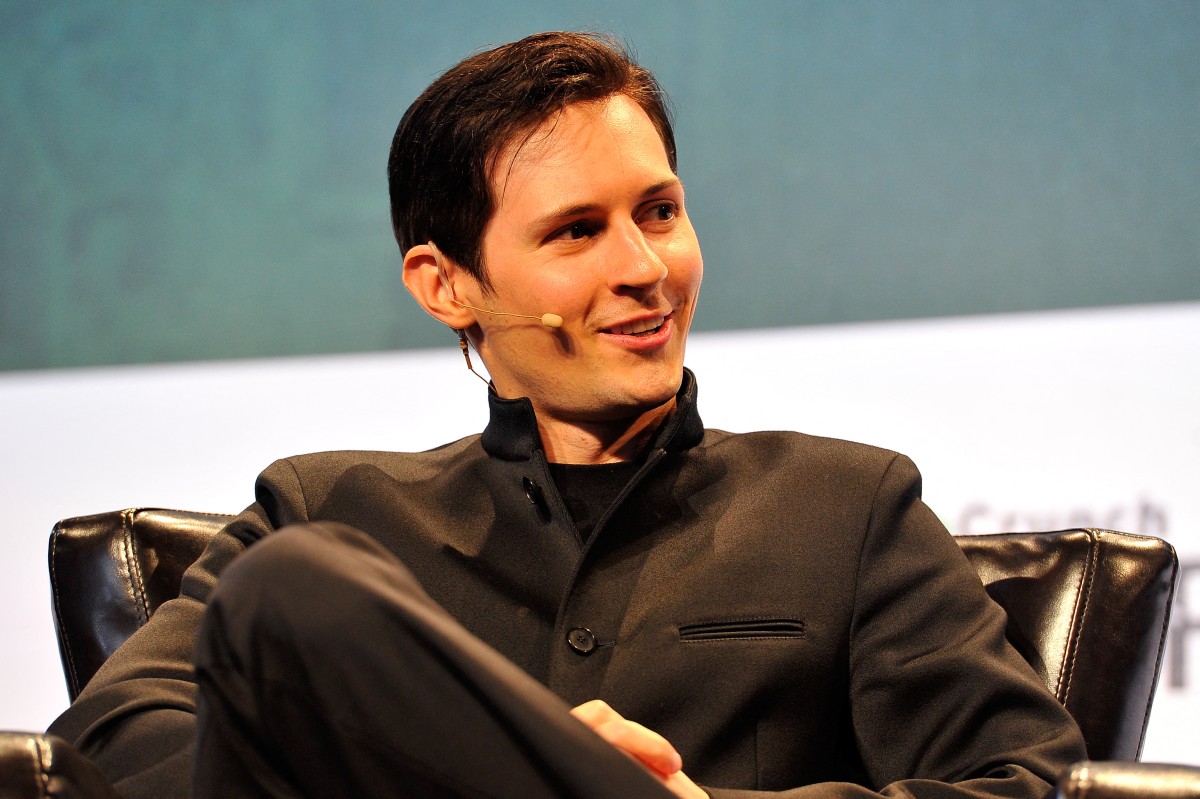Paris, France – Russian-born tech entrepreneur Pavel Durov has founded wildly popular social networks, cryptocurrencies, amassed a multi-billion-dollar fortune and locked horns with authorities, in Russia and around the world.
Still a few months shy of his 40th birthday, the man once dubbed the “Russian Zuckerberg” after Facebook founder Mark Zuckerberg now presides over the Telegram app which boasts more than 900 million users worldwide.
But Durov, 39, who preaches the virtues of ice baths for health and has fathered 100 children through sperm donations, is a controversial as well as enigmatic figure, accused of not doing enough to halt the spread of extremist content on his network.
His sensational arrest at a Paris airport last weekend could prove a turning point, with Durov charged by the French judiciary on Wednesday and banned from leaving the country.
A self-avowed libertarian, Durov has championed confidentiality on the internet and freedom of speech, defiantly refusing to allow the moderation of messages on Telegram.
Despite boasting a fortune estimated by Forbes magazine at $15.5 billion, Durov says his goal in life was never to become rich but “free”.
“And to the extent that it is possible my mission in life was to allow other people to also become free… and using the platforms that we created my hope was that could express their freedoms,” he told US talk show host Tucker Carlson in a rare interview in April.
“This is the mission of Telegram.”
‘Thanks for all the fish’
Born in Soviet times into a family of academics in Leningrad, now known as Saint Petersburg, Durov spent his childhood in Italy before his family returned as the USSR crumbled.
While still in his 20s, he founded the VKontakte (VK) social network which catered to the needs of Russian-language users and outgunned Facebook throughout the former USSR.
In a stunt typical of his unpredictable behaviour, Durov in 2012 showered high-denomination notes on pedestrians from VK’s headquarters on top of a historic bookstore on Saint Petersburg’s Nevsky Prospekt.
After disputes with the Russian authorities and ownership battles, he sold out of VKontakte and founded Telegram along with his brother Nikolai, whom he credits as the mathematical brain behind its success.
Durov resigned from VK with a typical flourish, posting a picture of dolphins and the slogan “So Long and Thanks for All the Fish”, a title in the famous “Hitchhiker’s Guide to the Galaxy” science fiction series.
‘100 percent owned by myself’
He stopped living in Russia in 2014, leading a nomadic life that saw him pick up citizenship of the Caribbean nation of Saint Kitts and Nevis.
But his departure from Russia was reportedly not an abrupt exile: according to the Vazhnye Istorii news site, citing leaked border data, he visited the country more than 50 times between 2015 and 2021.
Durov settled in Dubai, deciding it offered the best business climate to build up Telegram, also gaining UAE citizenship.
He boasted to Carlson that Telegram has just 30 core staff and spent “zero” on marketing, in stark contrast to its rivals. He made clear “Telegram is 100 percent owned by myself”.
In August 2021, he also won French nationality following a low-profile procedure about which Paris remains highly discreet.
The Wall Street Journal reported that in 2018 President Emmanuel Macron hosted Durov for lunch in Paris and suggested Telegram be based in the French capital.
But Durov declined, said the newspaper, which also reported that France and the UAE had waged a joint operation to hack his phone over concerns Telegram was providing a platform for Islamist extremists.
‘Civic duty’
Meanwhile, Telegram enjoyed stratospheric success, presenting itself as a champion of individual freedoms, refusing “censorship” and protecting the confidentiality of its users.
This rankled with authorities, especially in his home country, and in 2018 a Moscow court ordered the blocking of the application.
But the imposition of the measure was shambolic and Russia has abandoned its efforts to block Telegram which is now used by both the Russian government and the opposition, with some channels boasting several hundred thousand subscribers.
Telegram also plays a key role in Russia’s war against Ukraine, documented by bloggers from both sides who post their analyses and videos of the fighting.
Durov has also found time to set up cryptocurrencies, Toncoin and Notcoin which emerged from a viral Telegram game.
Dressed almost always in black and possibly trying to ape the look of Keanu Reeves in “The Matrix”, Durov readily cultivates a mystical image.
In July, he boasted in a Telegram post of being the biological father of more than 100 children thanks to his sperm donations in a dozen countries, describing this as a “civic duty”, an attitude to parenting that echoes fellow tech mogul, the X and Tesla chief Elon Musk.
Durov told Carlson he was delighted by Musk’s acquisition of Twitter. “Twitter or X, that is seemingly becoming more pro-freedom of speech, it’s a great development.”








